As part of the four week trial, launched on Thursday (16 June), residents will be approached by recruiters and asked to sign up to the scheme.
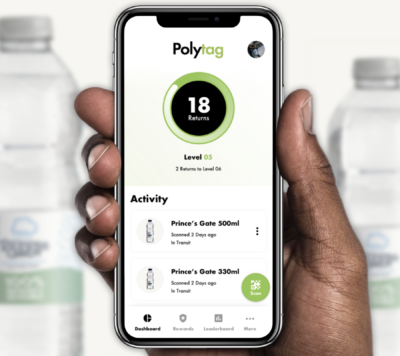
They will be given a set of plastic water bottles with “Polytag unique codes” on them. Once used, they will be scanned using a free app, and put out for recycling as usual.
The bottles will then be scanned by the council’s household waste and recycling team, and for every bottle scanned, householders will receive a digital token worth 20p. The tokens will then be donated to raise funds for Ysgol Pen y Bryn, a local primary school.
Technology
Polytag is behind the patented ‘tag and trace technology’ which allows brands to assign unique individual codes to each unit of a product, which can then be read “at any point of the lifecycle of the product”.
The technology has been touted as an alternative to the DRS system currently proposed, which some local authorities fear will remove valuable material from the waste stream.
The council says interviews with residents and recycling crews after the trial will provide more information on how the scheme could be used across Wales.
Effort
Unlike DRS machines at supermarkets, this pilot uses the existing recycling collection, “meaning households don’t have to make a special effort to take part”.
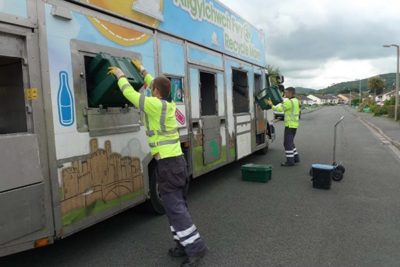
Cllr Greg Robbins, cabinet member for environment and transportation, said: “We’re delighted to be taking part in this pilot recycling scheme and encourage residents in Colwyn Heights to get involved. It’s an exciting opportunity to use technology to track and make the most of recyclable materials while raising money for the local school.”
‘Solution’
The technology has been developed by Polytag, based in Deeside, North Wales.
Phil Sutton, Polytag founder and chief technology officer, said: “We’re delighted that Polytag’s technology has been recognised by a national government as a solution to improve recycling rates exponentially.
“We are confident that Polytag will integrate seamlessly with Wales’ existing waste collections and that consumers will see the benefits immediately – we can’t wait for the pilot to begin!”
Delay
The move by Conwy, which recorded a 69% recycling rate in 2019/20, comes amid calls for a delay for the proposed DRS in England and Wales.
Earlier this month, the Local Authority Recycling Advisory Committee (LARAC) called for the introduction of the DRS in England, Wales and Northern Ireland to be deferred (see letsrecycle.com story).
The committee also said in its response to the consultation, which closed on 4 June, that it wanted the DRS deferred until after policies on extended producer responsibility (EPR) and consistency had “had a chance to work”.
LARAC added a deferral would allow for “proper research” into a digital DRS, as well as into the full impacts the Covid-19 pandemic might have on the operation of such a system.
‘Congratulate’
The Welsh government has been pressing for an all-in DRS, as outlined by Defra in its consultation document.
This came as the department said it was exploring the “continued appetite” for the system (see letsrecycle.com story).
Julie James, the Welsh Government’s minister for climate change, added: “I would like to congratulate all partners – including Polytag, Conwy County borough council and WRAP – for the work they’ve put in to ensuring this trial can take place and importantly that it can so safely and in line with Covid-19 guidance.
“We hope this trial will create a more flexible system for consumers than having to return items such as bottles”
“We hope this trial will create a more flexible system for consumers than having to return items such as bottles or containers themselves, and will link in well with existing infrastructure already in place at the household recycling collection systems run by local authorities.
“By taking advantage of new technologies, we can move closer on our route to a circular economy – and I look forward to seeing the results of the trial once it has taken place.”






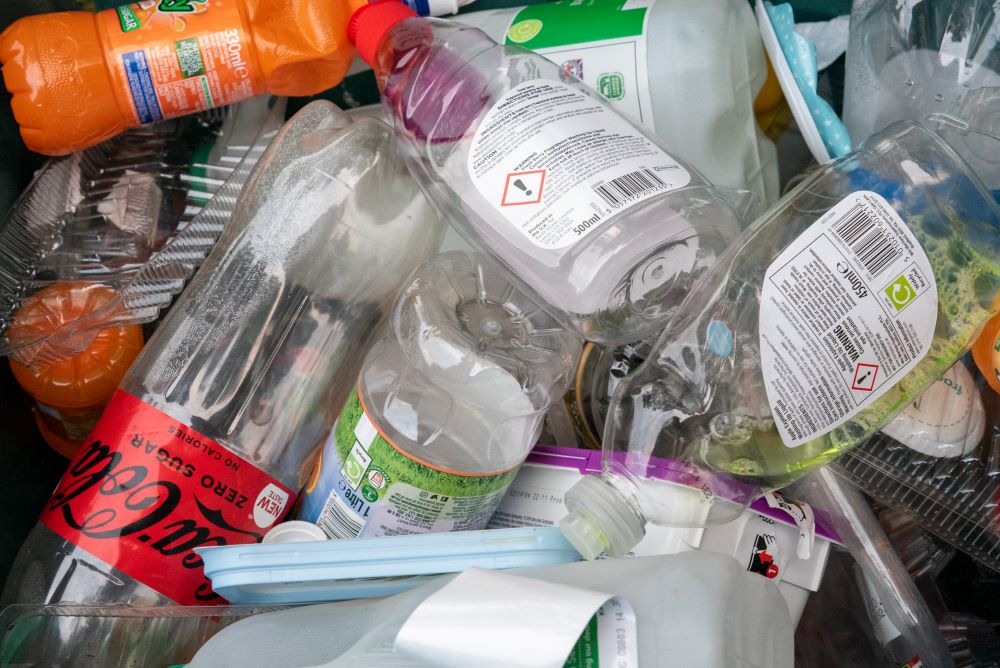
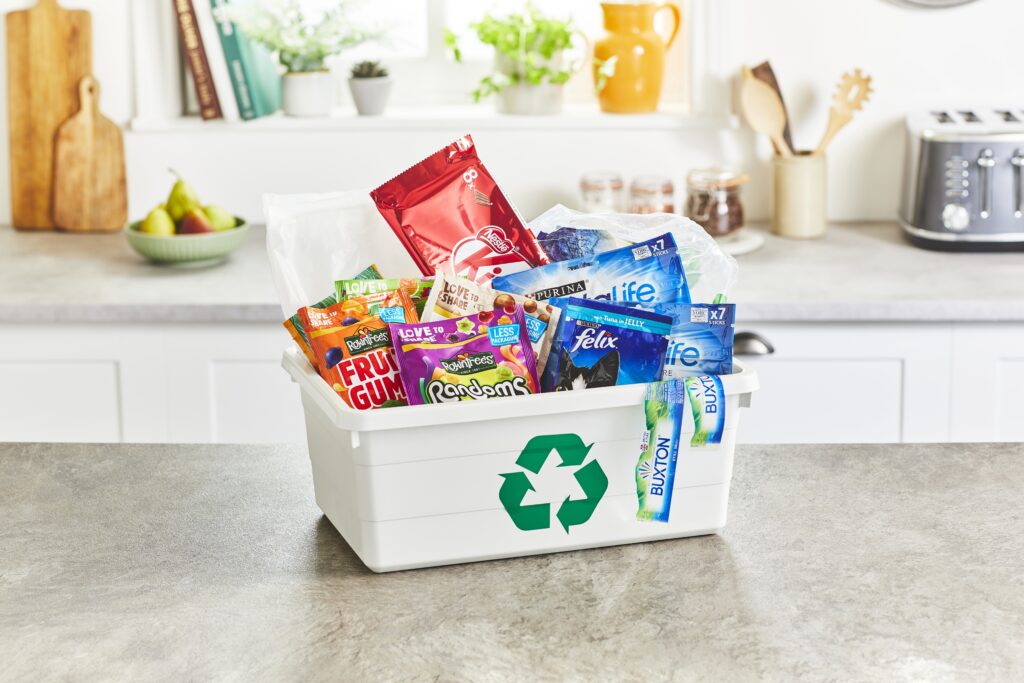
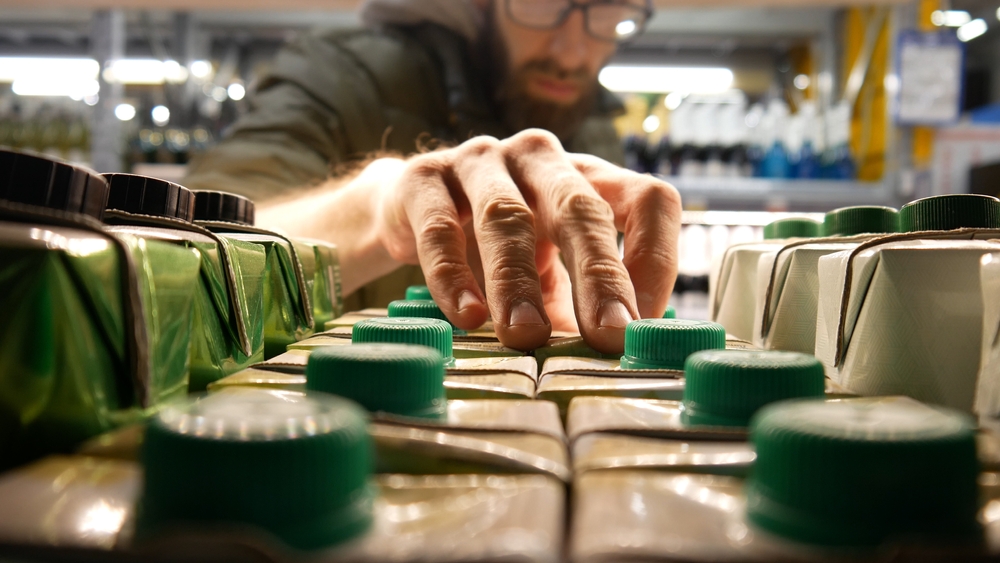


Subscribe for free